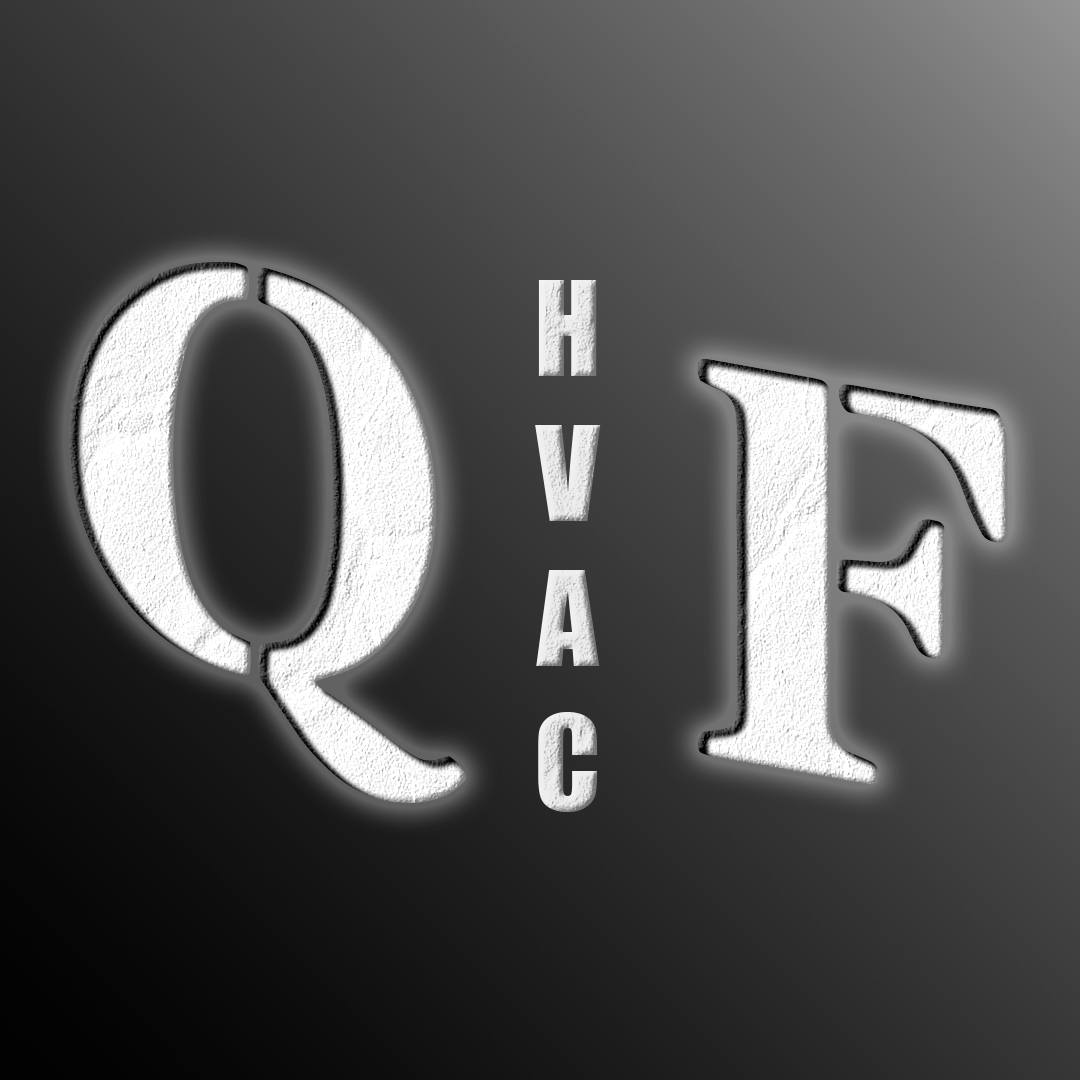🌡️ Thermostats & Controls
Understanding the Brains Behind HVAC Systems
🧠 What Are Thermostats and Controls?
At the core, thermostats and HVAC control systems are what tell heating and cooling equipment when to run, how much to run, and sometimes how efficiently to run.
From a simple dial thermostat on a wall to a full building automation system (BAS) running multiple zones and schedules, controls are the command center of comfort.
🧾 Types of Thermostats
| Type | Description |
|---|---|
| Manual / Mechanical | Basic bimetallic strip or mercury bulb—adjusted by hand. No scheduling. |
| Digital Non-Programmable | Digital readout but no schedule. Basic on/off commands. |
| Programmable | Allows day/time schedules. Common 5-2 or 7-day models. |
| Smart Thermostats | Wi-Fi connected, mobile app access, AI-based learning (e.g., Nest, ecobee) |
| Communicating Thermostats | Talks to equipment using proprietary language (e.g., Infinity, ComfortNet) |
| Zoned Thermostats | Works with zoning panels and dampers to control airflow per room/zone |
🧠 Note: A “smart” thermostat isn’t always the right call—it must match the system design (especially in multi-stage, variable-speed, or heat pump systems).
🧰 Thermostat Wiring Basics (24V Systems)
| Terminal | Function |
|---|---|
| R | 24V Power from transformer |
| C | Common wire—completes 24V circuit |
| W | Heating signal |
| Y | Cooling signal |
| G | Fan (indoor blower) |
| O/B | Reversing valve (for heat pumps) |
| W2/Y2 | Second-stage heat or cool |
| S1/S2 | Outdoor temperature sensor (some models) |
🔌 Modern Wi-Fi thermostats often require a C-wire for continuous power.
🧠 Thermostat Features That Matter
| Feature | Why It’s Useful |
|---|---|
| Staging (1H/1C, 2H/2C) | Supports multi-stage systems for smoother operation |
| Differential (deadband) | Prevents short cycling by setting buffer range (e.g., ±1°F) |
| Compressor Lockout Timer | Delays compressor restart to protect from short cycling |
| Outdoor Sensor Support | Enables defrost logic or backup heat lockout based on ambient temp |
| Fan Mode (Auto/On/Circ) | Circulates air without running heat or cool—used for air quality and balance |
| Humidity Control | Controls dehumidifier or allows overcooling strategies |
📡 Communicating vs Non-Communicating Thermostats
| System Type | Communicating | Non-Communicating |
|---|---|---|
| How it works | Sends digital data between system components | Sends on/off signals using 24V wiring |
| Benefits | More precise control, diagnostics, efficiency | More universal and serviceable |
| Examples | Lennox iComfort, Carrier Infinity, Trane XL | Honeywell T6 Pro, Nest, ecobee, White-Rodgers |
🧠 Important: You can’t mix-and-match. Communicating thermostats only work with their matched equipment.
🧊 Special Considerations for Heat Pumps
Heat pumps need thermostats that can manage:
- Auxiliary Heat (W2 or Emergency Heat)
- Reversing Valve Control (O/B terminal)
- Outdoor Sensor Lockout
- Dual Fuel Control if there’s a backup gas furnace
If you install the wrong thermostat, it may call both heat pump and strip heat at once = massive utility bill.
🏢 Commercial / Multi-Zone Controls
For bigger buildings or advanced residential setups, controls get smarter:
🧠 Zone Control Panels
- Used in ducted zoning systems with multiple thermostats and dampers
- Panels like Honeywell HZ432 or EWC-ST series manage airflow by zone demand
💻 Building Automation Systems (BAS)
- Used in schools, office buildings, hospitals
- Runs on protocols like BACnet, Modbus, or LonWorks
- Interfaces with chillers, RTUs, boilers, VAVs, and lighting
🛠️ Controlled by techs trained in DDC (Direct Digital Control). This is where HVAC meets IT.
🔥 Troubleshooting Thermostats & Controls
| Symptom | Likely Cause |
|---|---|
| Blower won’t turn off | Stuck relay, fan switch set to “On” |
| AC or heat won’t turn on | No 24V signal from R, tripped float switch |
| No display on thermostat | Blown fuse, open common wire, dead battery |
| System cycles too often | Narrow temperature differential, poor staging |
| Heat pump runs with cold air | Reversing valve miswired or failed |
| Wi-Fi thermostat offline | Weak signal, C-wire missing, firmware update |
Always check voltage at R and C terminals before replacing the stat. Many no-heat calls are just dead thermostats or low voltage issues from float switches or blown fuses.
📘 Recommended Thermostats by Type
| Application | Best Thermostats |
|---|---|
| Basic 1H/1C System | Honeywell T4 Pro, Emerson 1F83C-11NP |
| Wi-Fi Smart Home | ecobee SmartThermostat, Google Nest 3rd Gen |
| Heat Pump (Dual Fuel) | Honeywell VisionPRO 8000, Emerson Blue Series |
| Multi-Stage Systems | Honeywell T6 Pro, White-Rodgers 90 Series |
| Communicating Systems | Lennox iComfort, Carrier Infinity, Trane ComfortLink |
🧠 Pro Tip for Techs:
When diagnosing controls:
- Use a jumper wire between R and W/Y/G to verify system response
- Confirm thermostat is level (on mercury stats)
- Always check voltage at equipment AND stat terminals
Want help wiring your thermostat or troubleshooting zone control?
👉 Check out our [Thermostat Wiring Diagrams →] or [Troubleshooting Flowcharts →]
